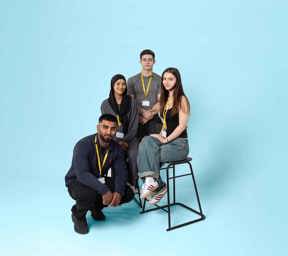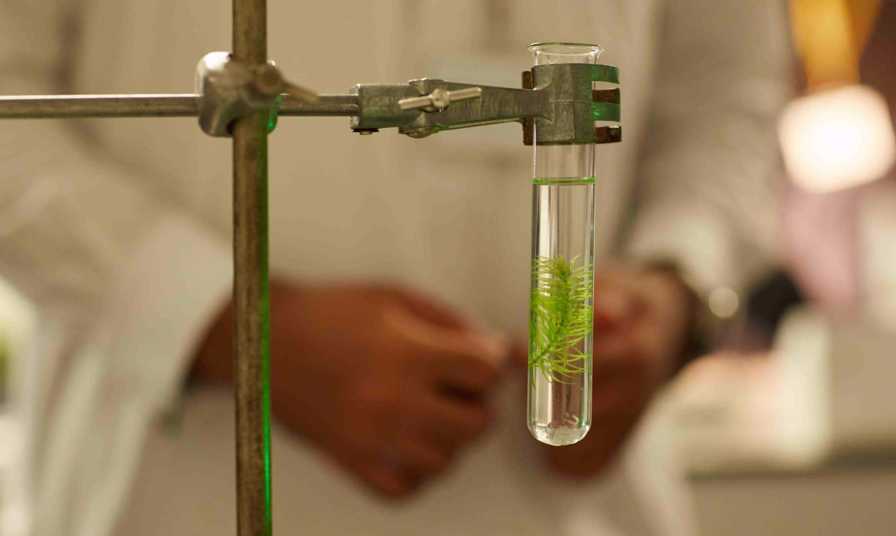Entry Requirements
Minimum of 4 GCSEs at Grade C/4 or above including English and Maths
Study Mode
Full time
Duration
1 academic year
Timetable
Various
Key Features & Benefits
- Get an Advanced Learner Loan - pay nothing upfront for this course
- Get onto University courses with just one year of study
- You can get help with childcare costs
- Learn in the state-of-the-art bedded stimulation ward
- Awarding Body - Ascentis
Access to HE Diploma (Allied Health Professions) course serves as a crucial pathway for individuals who aspire to pursue careers in Health care professions but lack traditional qualifications or backgrounds in the field. Access to Higher Education courses are Level 3 courses, equivalent to 3 A-Levels and you will study in college for 12 hours per week as well as regular independent study outside of college.
-
Overview
The primary aim of this Access to HE course is to prepare learners with the necessary academic skills, theoretical knowledge, and practical insights required for successful progression into university courses related to Health care, including nursing and midwifery, paramedic science or nursing associate foundation degree’s.
We strongly advise you to check the entry criteria for the degree you wish to progress to at University to ensure you meet all the requirements.
Please note. This diploma is not suitable for people who wish to apply for degrees in medicine or pharmacy.
-
What will I study?
The course will focus on academic study skills including academic writing and referencing and critical thinking. The study skills will increase verbal and written communication skills essential for effective engagement with patients, colleagues, and other stakeholders.
Your studies will include modules on:
- Cell biology
- Health promotion and inequalities in mental health
-
Entry Requirements
You should have GCSEs at Grade C/4 or above including English and Maths.
When applying to university health degrees please check entry criteria or specific requirements. This could be having a GCSE in Science and a minimum of 15 credits of science on the access course.
You must have relevant work experience for this course. The type of work experience you need will depend upon the degree you wish to pursue at university.
- If you are interested in Midwifery as a career, you must have some experience which demonstrates your understanding of the role of a Midwife, for example as a volunteer of HCA in Ante/Post-Natal or clinics
- If you are interested in physiotherapy as a career, you should have some experience of 'shadowing' a Physiotherapist
- If you are interested in radiography as a career, you must undertake some voluntary work in a Radiography department
If you would like advice on what type of placement would be suitable, please call The Hub on 01254 292929.
-
How will I be assessed?
You'll be assessed by examinations and essays throughout the course. Please see the individual course leaflets for details of all assessments you will complete. Successfully gaining a place on a degree course in one of these academic disciplines involves:
- Having excellent attendance on your Access Diploma
- Completing all work to a very high standard (Degrees will usually expect Distinctions in all your work)
- Having some relevant work experience to ensure you have detailed knowledge of the day-to-day role involved in the career you wish to progress onto
-
What can I do next?
Upon successful completion of the Access to HE course, students are equipped to progress to undergraduate programs in health related fields.
They may pursue degrees such as nursing, midwifery, mental health nursing and paramedic science.

We are proud to be one of the Top 3* Colleges in England for A-Levels and Technical Courses.
*In the Government's latest achievement tables for learners aged 16-18.














